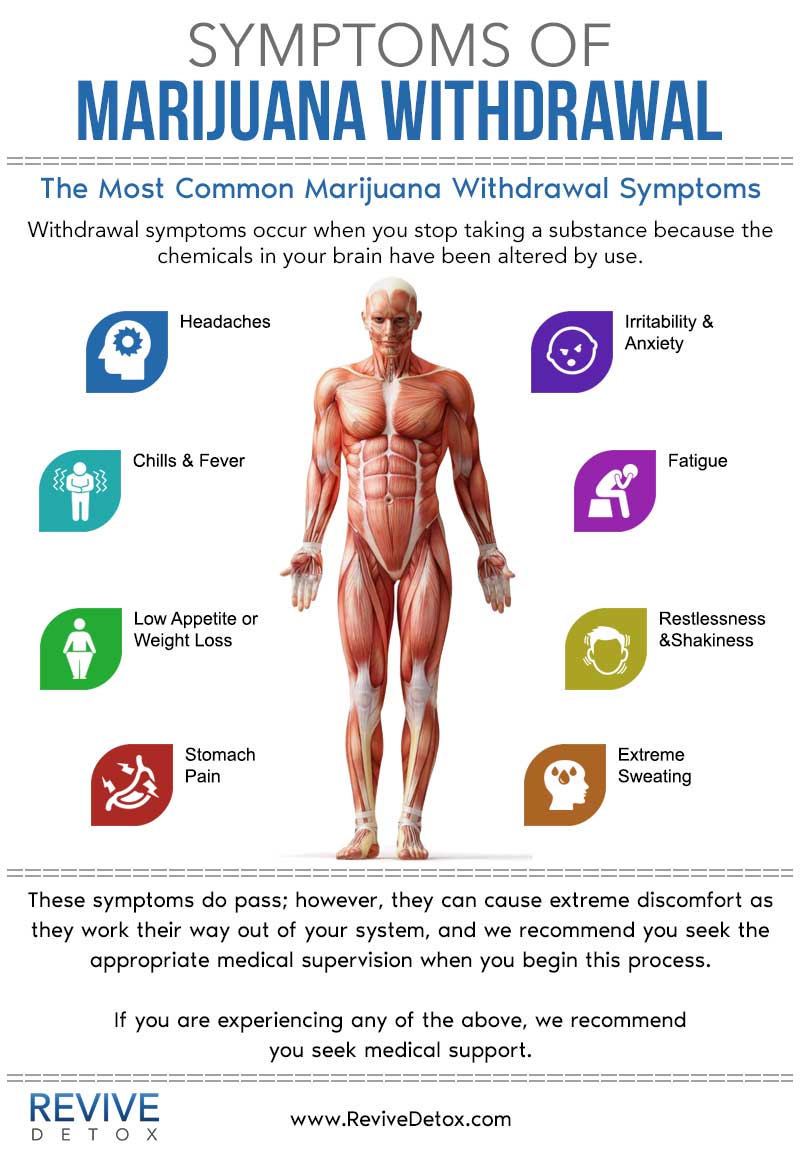Marijuana addiction is just as serious as any other addiction. However, traditionally it hasn’t been treated as such. This page covers what you need to know about marijuana addiction and treatment.
Is Marijuana Actually Addictive?
Marijuana, or weed, comes from the cannabis sativa orcannabis indica plant and contains tetrahydrocannabinol (THC), as well as other chemicals.
Marijuana is one of the most commonly abused drugs.
It’s estimated that as many as 30% of recreational marijuana users are considered eligible for a diagnosis of marijuana use disorder. Many of these people may be considered addicted, if their use is severe.
Although 29 States have legalized medical marijuana, and 9 states (as well as the Washington D.C. are) have legalized the general use of marijuana, there are still some states where it remains illegal.
What Are the Side Effects of Marijuana?
Marijuana contains delta 9-tetrahydrocannabinol (THC). This is the ingredient that produces the high that most people experience.
THC is a psychoactive agent that stimulates a chemical in the brain called dopamine. This gives the user pleasurable feelings of calmness and euphoria and users may feel that it increases their activity and ability to focus on tasks.
THC also can have negative side effects – which can include anxiety, fear, and panic. In some cases, it may cause hallucinations. The intensity of the effects is often dictated by the method of use. Marijuana can be smoked, eaten in food, or drunk as a tea.
Cannabidiol (CBD) is another active component in marijuana. However, it does not give you a high, instead it can counteract the feelings of paranoia or anxiety that are caused by the THC.
What Are the Most Common Marijuana Addiction Symptoms?

It’s believed that nearly 10% of marijuana users will develop an addiction.
People who have been using marijuana for an extended length of time will build up a tolerance for it. This means that they will need more of it, to achieve the same effect as before.
Other symptoms of marijuana addiction can include reduced participation in family events or activities previously enjoyed, and feeling that you need to use before you can attempt any creative activity.
Using more marijuana than you originally intend can also be a sign of addiction. For example, if you meant to only have a couple of puffs from a joint, but instead you smoke the whole thing in one sitting.
Is Weed Addiction Dangerous?
Although an addiction to weed is not commonly considered to be dangerous, there are other problematic factors that are.
While you’re under the influence of marijuana, or any other substance, your decision-making process is impaired. This can lead you to make decisions that put you at risk of having an accident.
Driving and operating machinery is dangerous when high because your physical reactions are slower, which make you less able to respond to emergencies.
Many people believe that marijuana is a gateway drug that leads to the use of heavier drugs. Some evidence agrees with this, particularly in younger people, while other evidence disagrees. Often, it’s really the atmosphere in which marijuana is used that can lead to the use of heavier drugs.
What Are the Most Common Marijuana Withdrawal Symptoms?
You may experience unpleasant withdrawal symptoms when you stop using marijuana. At Revive Detox we have specialized programs that help you to manage this stage of your recovery.
Withdrawal symptoms occur when you stop taking a substance because the chemicals in your brain have been altered by use. These symptoms do pass; however, they can cause extreme discomfort as they work their way out of your system, and we recommend you seek the appropriate medical supervision when you begin this process.
Some of the withdrawal symptoms you may experience include:
- Headaches
- Chills and fever
- Irritability
- Anxiety
- Depression
- Shakiness and restlessness
- Low appetite or weight loss
- Extreme sweating
- Stomach pain
- Difficulty sleeping and fatigue during the day
If you are experiencing any of the above, we recommend you seek medical support.
What is the Best Marijuana Addiction Treatment?
Every person is different, and although there are common withdrawal symptoms – not everyone will experience withdrawal in the same way. This is why it’s important that you speak to a medical professional to determine which treatment will be best for you.
At Revive Detox, we offer a holistic service and withdrawal programs that include attention to your specific dietary, physical, psychological, and emotional needs. We maintain a client to staff ratio of 4:1 and we work with a maximum of 6 residential clients at a time to give each client the optimal care they deserve.
The components of your marijuana addiction treatment may include medication assisted therapy, nutrition therapy delivered by a registered dietitian, and the use of specialized supplements.
Continuation planning and ongoing support is an important aspect of our treatment and we are happy to work with any family members you choose to help you on your path to recovery.
Is It Time to Do Something about Your Marijuana Addiction?
Often, it’s your friends and family who first notice that you are struggling with marijuana addiction. You may hear comments that your use seems to have increased, that you appear to be isolating yourself, or that they have concerns about your use.
If you have concerns about your own marijuana use, or a loved one’s, please contact us today. Our staff are available 24/7 to help, and we can advise you on your best course of action.Most PPO Health
